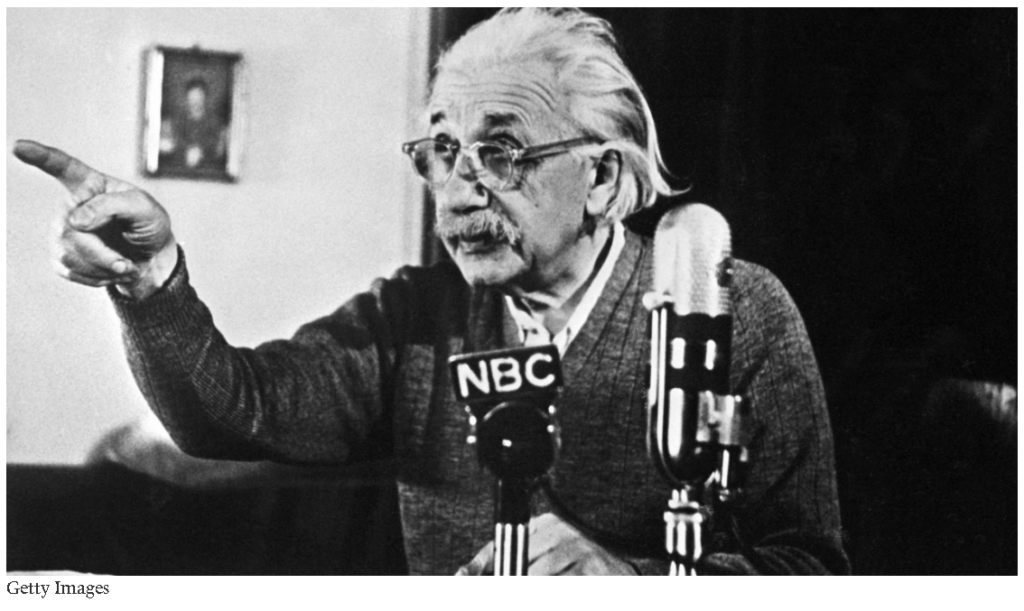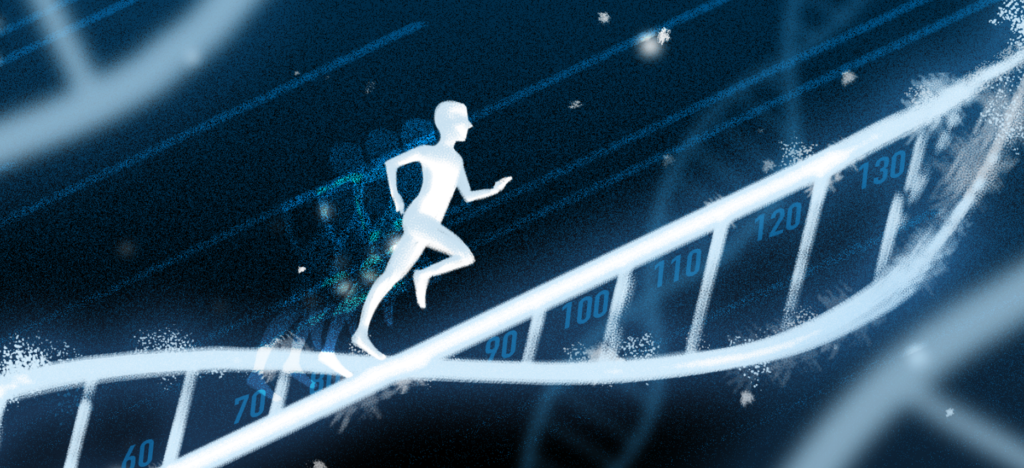
Waiting ninety minutes for a brunch table is annoying, but a report in the Journal of Nutritional Science indicates that doing so has the potential to be a promising weight loss technique. Moving back breakfast and dinner time, they show, can have profound effects on the way your body processes meals, akin to the effects of intermittent fasting. Research like this, the authors say, sheds light on new ways of effective dieting. It turns out that what you eat is deeply intertwined with when you eat it.








